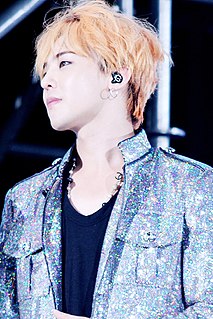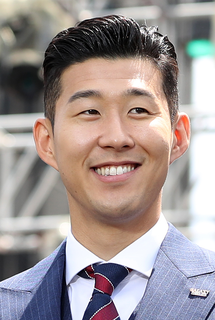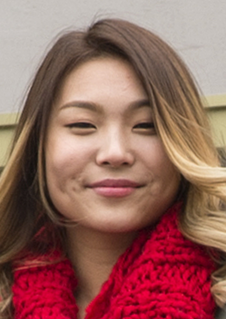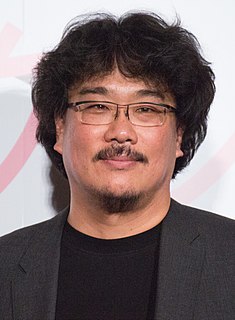A Quote by Patrick Stump
I love Korean food, and it's kind of like home to me. The area that I grew up in outside Chicago, Glenview, is heavily Korean. A lot of my friends growing up were Korean and when I would eat dinner at their houses, their parents wouldn't tell me the names of the dishes because I would butcher the language.
Related Quotes
I'm so used to America, used to the traffic in L.A., and I don't really feel it click with the Korean culture. But obviously, I have a Korean face, and I feel like that's just - you know, I can't walk around people like I'm, like, straight-up American. It's like, I'm Korean American. My parents are from Korea.
I was on an army show, and in the army - especially in Korean culture - there's a very, very strict hierarchy. Obviously, you would not talk informally or disrespectfully to your commanding officer. But me, in my limited Korean, I basically told my commanding officer, 'Thou shalt forget!' The Korean public thought it was really funny.
When I grew up, in Taiwan, the Korean War was seen as a good war, where America protected Asia. It was sort of an extension of World War II. And it was, of course, the peak of the Cold War. People in Taiwan were generally proAmerican. The Korean War made Japan. And then the Vietnam War made Taiwan. There is some truth to that.

































